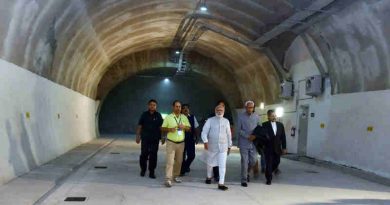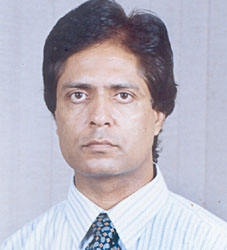Amnesty Demands Probe into Killings of Indian Muslim Students

The Madhya Pradesh government in India must ensure an independent criminal investigation into the alleged extrajudicial execution of eight undertrial prisoners by the state police on 31 October, said Amnesty International India on Wednesday.
According to the human rights organization, the state police said that the eight prisoners – all members of a banned group, the Students’ Islamic Movement of India (SIMI) – killed a guard at the high-security Bhopal central jail and escaped on the morning of 31 October. The police also said that the men were killed in an armed encounter in the outskirts of Bhopal some hours later.
[ Stop Human Rights Abuses in Kashmir: Rights Groups ]
“The contradictory statements issued by authorities on the killings, and video clips which appear to show the prisoners trying to talk to the police before being shot, raise deeply disturbing questions. An independent investigation must determine if the police extra-judicially executed the prisoners,” said Tara Rao, programmes director at Amnesty International India.
The Inspector General of the Bhopal police range initially said the men had been unarmed, and had been shot when they resisted capture. He later said that they had been armed with knives and pistols.
[ Is it a Struggle for Freedom or Terrorism in Kashmir? ]
However, according to Amnesty, the state home minister told journalists that the men had used jail utensils as weapons. The Madhya Pradesh Anti-Terror Squad chief told a news channel on 2 November that the men had no weapons on them at the site of the killing.
The prisoners had been charged with offences including murder, robbery and terrorism-related offences.
A lawyer who had been representing some of them told Amnesty International India, “Why would they want to escape a high security prison when their court judgement was expected to come out in the next few weeks? There was no evidence against them and we were sure that the court would release them.”
On 1 November, according to Amnesty, India’s National Human Rights Commission (NHRC) asked senior Madhya Pradesh police and government officials to submit detailed reports on the incident within six weeks.
According to guidelines issued by the Commission in 2010, all alleged ‘fake encounters’ must be investigated by an independent agency.
Photo courtesy: Amnesty





